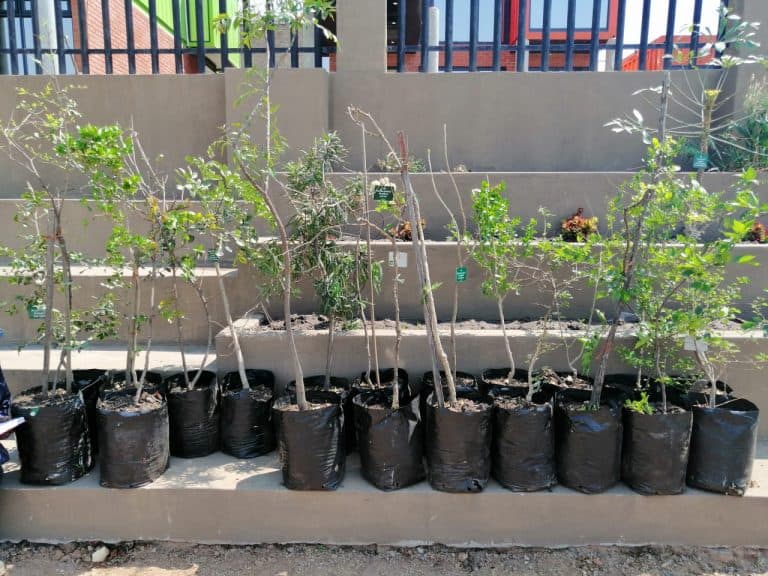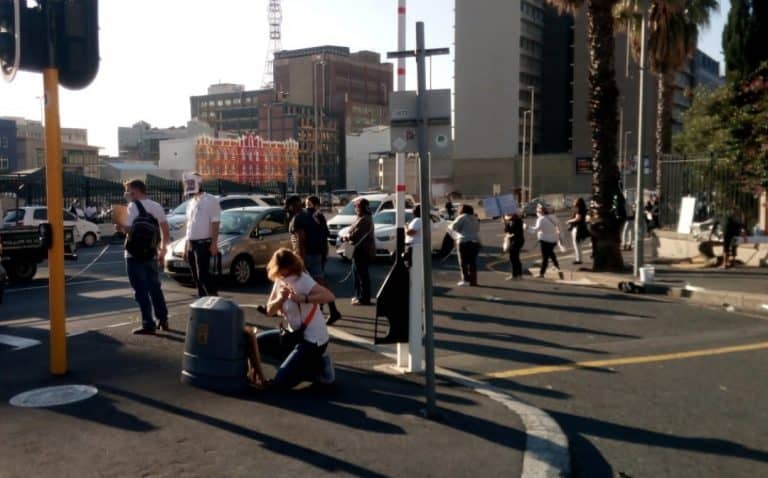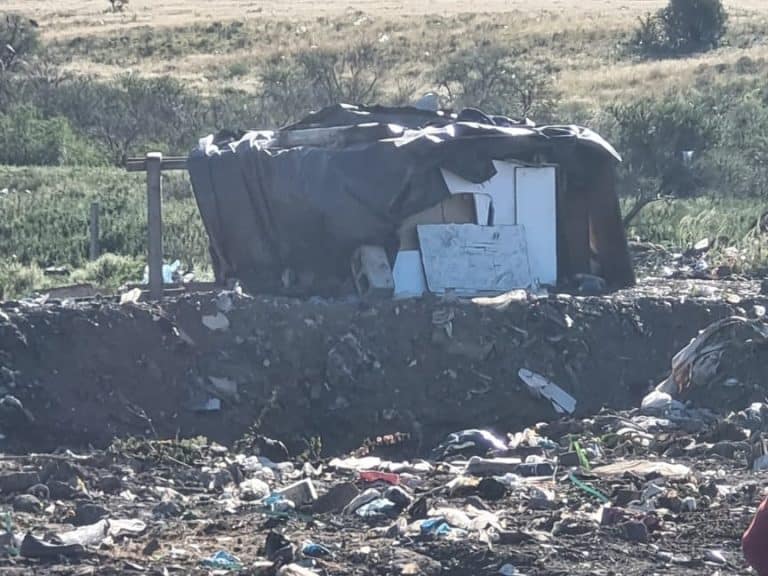AfriForum: National Police Commissioner grasping at straws regarding effective policing
The civil rights organisation AfriForum is of the opinion that Lt Gen. Khela Sitole, National Police Commissioner, is grasping at straws if he truly believes effective policing in South Africa is dependent on an additional 62 000 police officers, as reported by The Citizen on 23 July 2019[1]. Answering questions at the South African Human Rights Commission’s Alexandra inquiry, Sitole indicated that the biggest obstacles to effective policing were a lack of police officers and outdated by-laws.
“According to a 2010 UN report[2], the global median for police officers per 100 000 inhabitants was approximately 300. The same report also noted that having more police officers does not necessarily result in more crimes cleared. With StatsSA estimating the South African population at 57,73 million in 2018[3] and Sitole putting the number of police officers at 193 000, we currently have about 334 police officers per 100 000 inhabitants,” says Ian Cameron, AfriForum’s Head of Community Safety.
With police numbers thus above average, AfriForum believes Sitole should rather turn his attention to factors that have plagued the police for years, such as:
- High corruption rates, with the 2019 Global Corruption Barometer – Africa (GCB-A) revealing that the SAPS is considered the most corrupt institution in the country.[4]
- A lack of training, with training even being reduced from two years to eight months for new police officers in 2016.
- Illiteracy amongst police officers.[5]
- The use of outdated technology.[6]
- Attempts to unlawfully and without merit promote officers.[7]
- A lack of appropriate resources due to centralised supply chain management.
- Adherence to BEE regulations that has led to ridiculous overspending on police equipment.
“Rather than suggesting to fill the streets with more undereducated and underequipped police officers, Sitole should focus on eradicating corruption in the SAPS, improving the vetting and training of officers, modernisation of police systems and technology, merit-based promotions and the sourcing of appropriate equipment at a market-related value,” concludes Cameron.
Until such time, AfriForum continues to encourage South Africans to join local security initiatives, such as AfriForum’s neighbourhood watches, to protect themselves whilst the state cannot and will not perform its duty to safeguard our communities.









